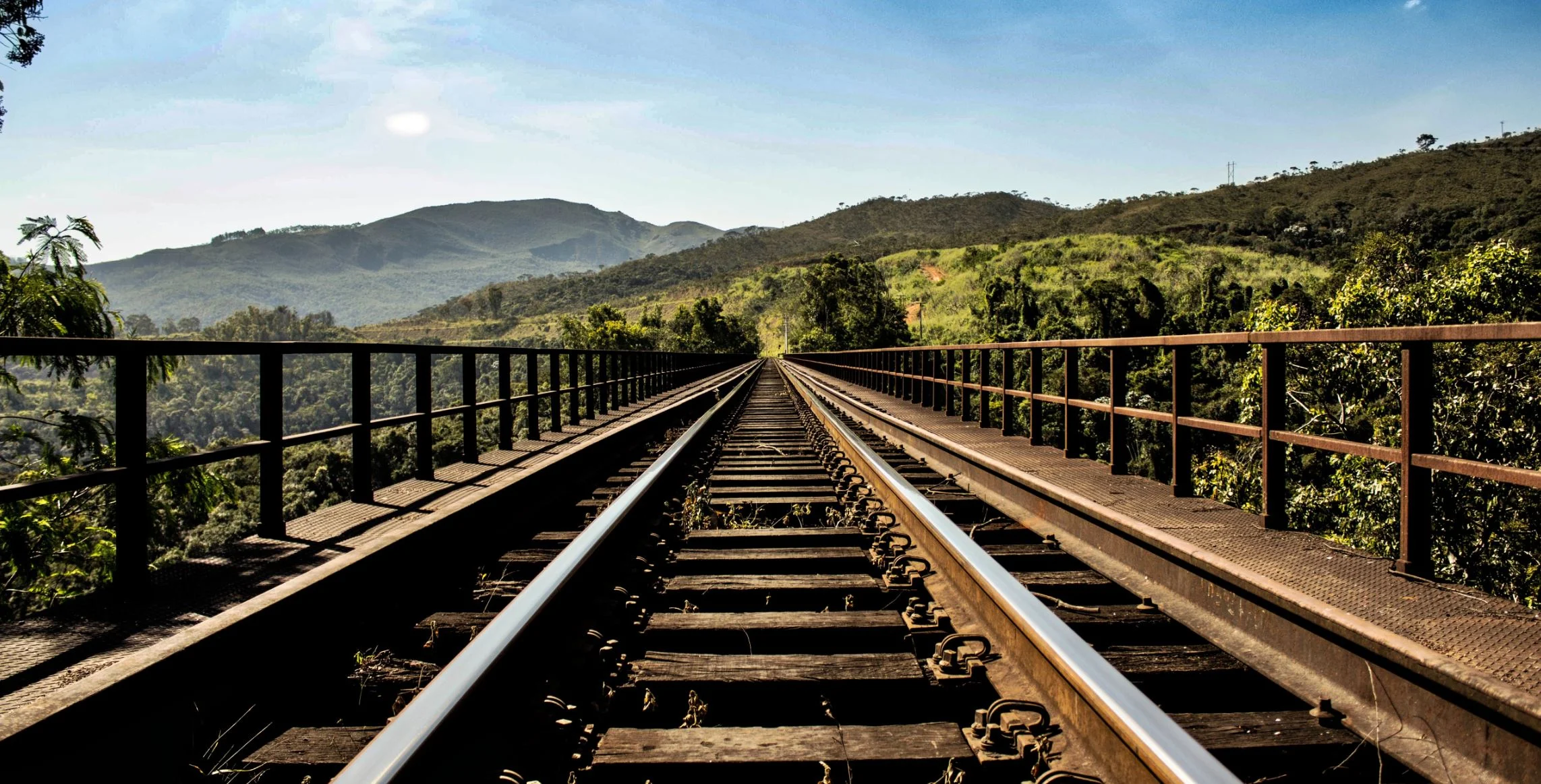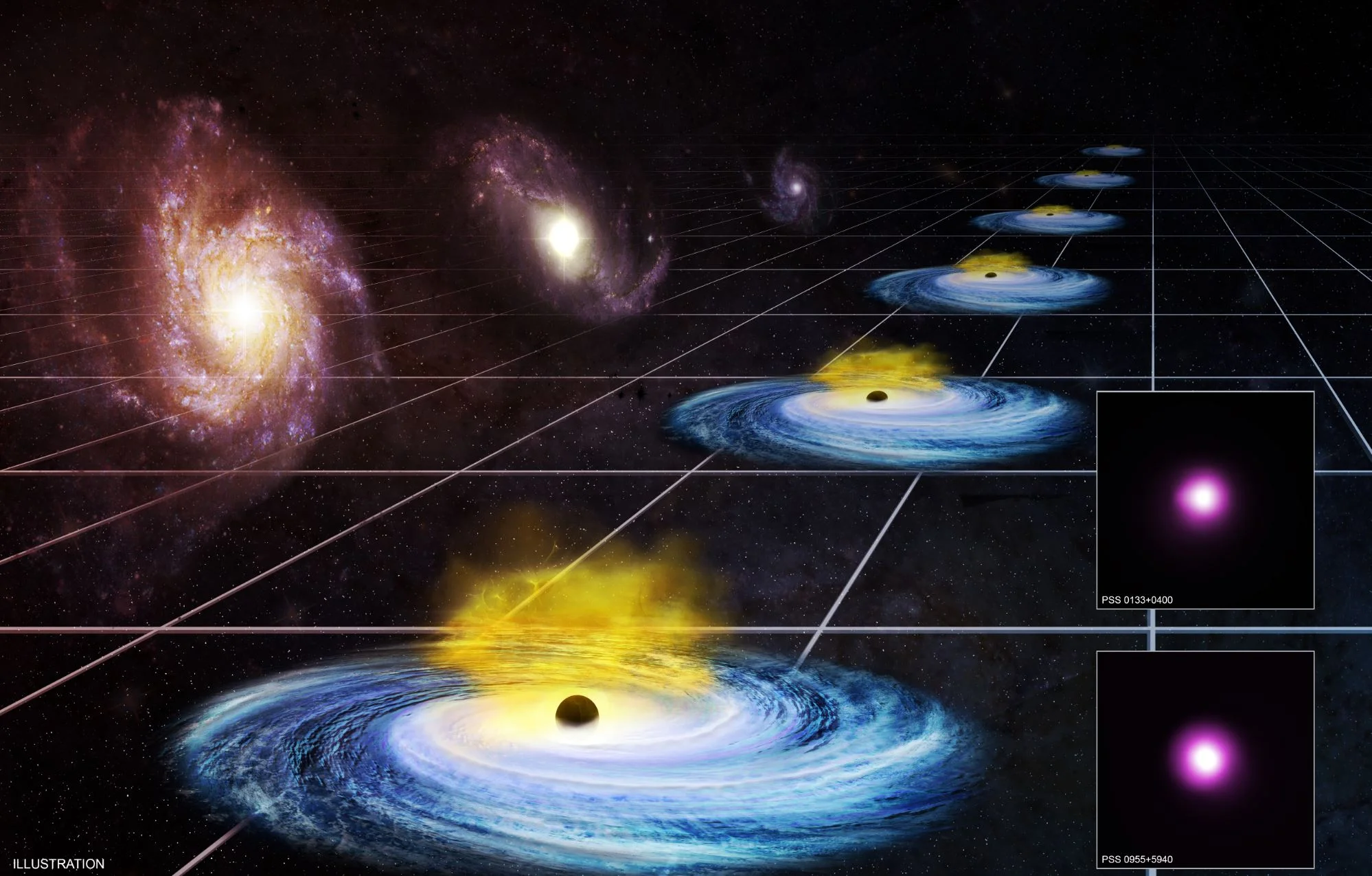It allowed us to spot auroras on Saturn and planets orbiting distant suns. It permitted astronomers to see galaxies in the early stages of formation, and look back to some of the earliest periods in the Universe. It also measured the distances to Cepheid variable stars more accurately than ever before, which helped astrophysicists constrain how fast the Universe is expanding (the Hubble Constant).
NASA used Curiosity’s Sensors to Measure the Gravity of a Mountain on Mars
Some very clever people have figured out how to use MSL Curiosity’s navigation sensors to measure the gravity of a Martian mountain. What they’ve found contradicts previous thinking about Aeolis Mons, aka Mt. Sharp. Aeolis Mons is a mountain in the center of Gale Crater, Curiosity’s landing site in 2012.
Hydrogen trains are coming – can they get rid of diesel for good?
When the UK government cancelled its plans to electrify train lines across Wales, the Midlands and the north of England, and cut back on the Great Western rail network electrification, it brought a premature end to a rail investment program once touted as the biggest the country had seen since the Victorian era. But now reports suggest that the government and train manufacturers are hoping there may be an alternative way to turn British railways electric: hydrogen.
Alzheimer’s is linked to gum disease – but bad oral health is not the only culprit
Researchers find that sea air might help in the fight against cancer and cholesterol
What would happen if hospitals openly shared their prices?
A faster, more efficient cryptocurrency
Antibiotic resistant ‘superbug’ genes found in the High Arctic
Eight myths about meal-replacement diets debunked
Meal-replacement diets, where some meals are replaced with soups, shakes or bars, have been making a comeback. They first took off during the early days of space travel when the public became obsessed with the idea of a nutritionally complete meal in a single drink or bar. These products remained popular for most of the 70s and 80s, but gradually fell from favour as people began to question the health benefits of these diets.
What smart bees can teach humans about collective intelligence
Morning or night person? It depends on many more genes than we thought
Do you prefer to rise early with the lark or stay up late with the owl? Your preference turns out to be partly decided by your genes. Our genetic study of nearly 700,000 people has revealed new insights about the genetics of chronotype – our preference to rise early or sleep late – and how it influences our mental and physical health.
Astronomers Find Dark Energy May Vary Over Time
A new study using data from NASA's Chandra X-ray Observatory and ESA's XMM-Newton suggests that dark energy may have varied over cosmic time, as reported in our latest press release. This artist's illustration helps explain how astronomers tracked the effects of dark energy to about one billion years after the Big Bang by determining the distances to quasars, rapidly growing black holes that shine extremely brightly.
Five maps that reveal the world’s remaining wilderness
There aren’t many corners of the world left untouched by humanity. Recent research has highlighted that just 23% of the planet’s land surface(excluding Antarctica) and 13% of the ocean can now be classified as wilderness, representing nearly a 10% decline over the last 20 years. And more than 70% of what wilderness remains is contained within just five countries.
How growing cities can support at-home electric vehicle charging
How to reduce your risks of dementia
In our Wi-Fi world, the internet still depends on undersea cables
Birth of Massive Black Holes in the Early Universe Revealed
Periodic table: new version warns of elements that are endangered
It is amazing to think that everything around us is made up from just 90 building blocks – the naturally occurring chemical elements. Dmitri Mendeleev put the 63 of these known at the time into order and published his first version of what we now recognize as the periodic table in 1869. In that year, the American civil war was just over, Germany was about to be unified, Tolstoy published War and Peace, and the Suez Canal was opened.
IBM launches commercial quantum computing – we’re not ready for what comes next
IBM recently unveiled what it claimed was the world’s first commercial quantum computer. While the announcement of the Q System One wasn’t scientifically groundbreaking, the fact that IBM sees this as a commercial product that organisations (if not individuals) will want to use is an important breakthrough.
Quasars with a Double-Image Gravitational Lens Could Help Finally Figure out how Fast the Universe is Expanding
How fast is the Universe expanding? That’s a question that astronomers haven’t been able to answer accurately. They have a name for the expansion rate of the Universe: The Hubble Constant, or Hubble’s Law. But measurements keep coming up with different values, and astronomers have been debating back and forth on this issue for decades.


















